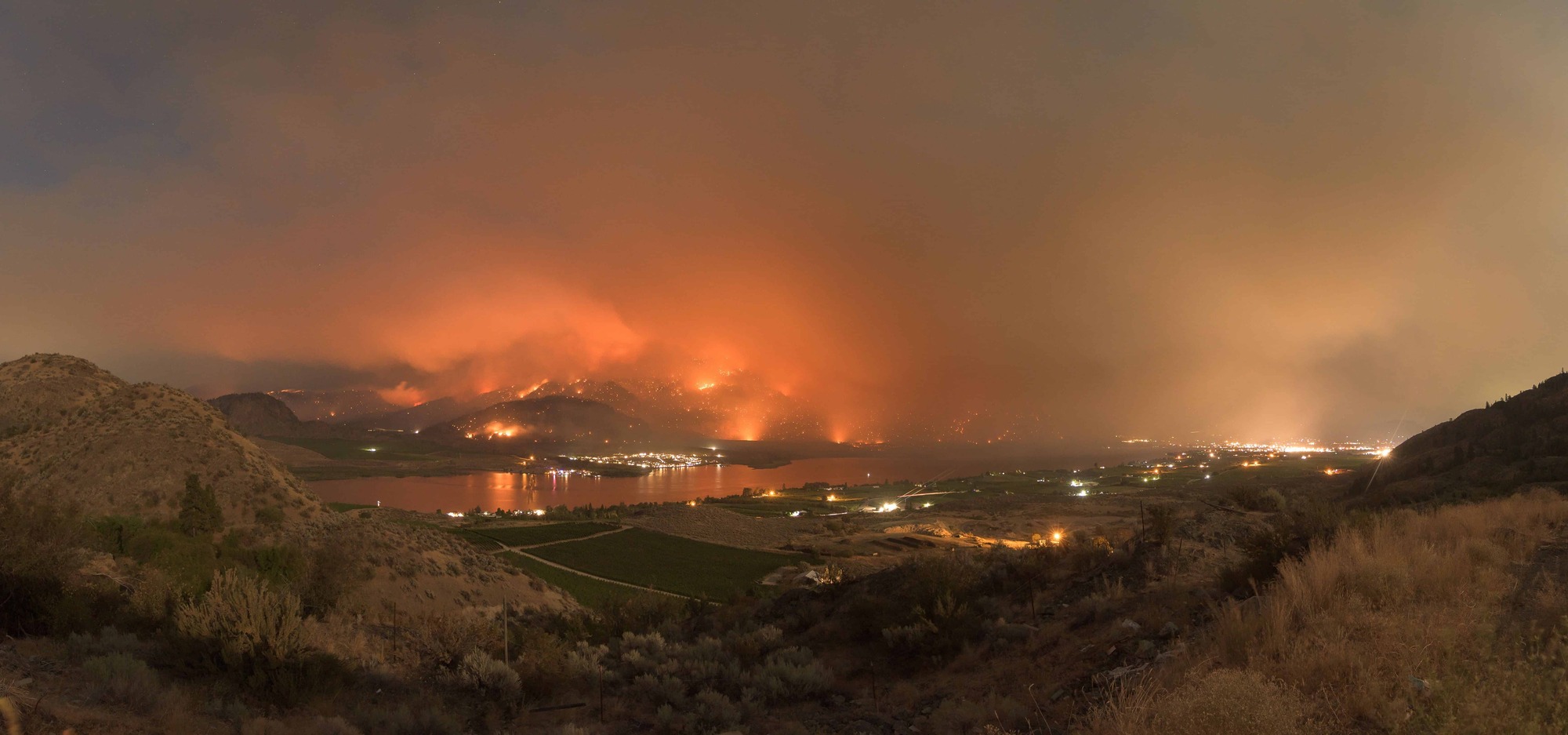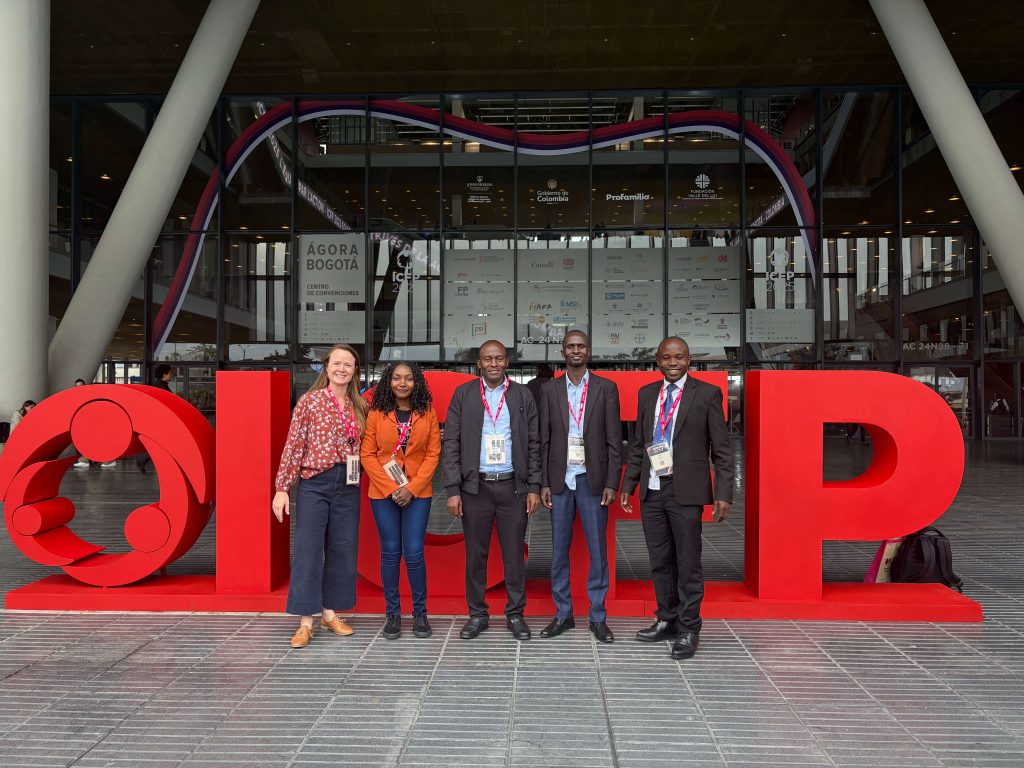The Climate Crisis is Being Fueled by Inequality, and the Rich are Burning Through Our Future
The Climate Crisis is Being Fueled by Inequality, and the Rich are Burning Through Our Future
Let's be honest – it's exhausting watching the same story play out again and again. The rich are getting richer. The planet is getting hotter, and those who've done the least to cause the climate mess are left to suffer its worst consequences.
Oxfam's latest report Climate Plunder: How a powerful few are locking the world into disaster, lays it bare. The super-rich are burning through our shared carbon budget like there's no tomorrow. Every flight in a private jet, every trip on a luxury yacht, and every new investment in an oil company eats away the limited time we have to prevent climate collapse. While the richest live in luxury, millions across the world are struggling in the face of wildfires, floods, drought and deadly heatwaves.
It's not just unfair – it's outrageous.
The world is on fire and Canada is burning with it
2024 was the hottest year in human history, with average global temperatures exceeding 1.5°C above pre-industrial levels. Fossil fuel emissions also reached their highest ever levels. In Canada, wildfires destroyed an area larger than the province of New Brunswick. Around the world as climate disasters continue, people are being displaced, hunger is rising and economic and social crises are deepening.
Meanwhile, the world's wealthiest are responsible for more pollution than half of the global population combined. In Canada, the rich have increased their emissions significantly more than the rest. Since 1990, the richest 0.1% have increased their share of total emissions by 44% - even higher than the global average of 32%.
A person in Canada's richest 0.1% emits over 962 kilograms of CO2 every day, which is the equivalent of driving a car more than 800 kilometres. If everyone emitted carbon like the super-rich, the carbon budget – the planet's limit for pollution before climate breakdown spirals out of control – would be used up in less than three months.
While the rest of the world are doing their part by recycling, driving less, and making homes more energy efficient, the ultra-rich are racing towards a future none of us can afford.
The climate crisis is an inequality crisis
The super-rich are simultaneously overconsuming carbon and actively profiting from the destruction of the climate through their investments in the most polluting corporations – including those involved in the extraction and production of fossil fuels. The emissions of the investment portfolios of just 308 billionaires total more than the combined emissions of 118 countries.

The behaviours of the super-rich – their lifestyles and investments – leaves the most marginalized and most vulnerable to bear the fatal consequences. The emissions of the richest 1% are enough to cause an estimated 1.3 million heat-related deaths by the end of the century, as well as $44 trillion of economic damage to low- and lower-middle-income countries by 2050.
From small island nations to rural Canada, it's women who are feeling the impacts of climate change the most. More and more women are being pushed further into poverty as crops fail, homes are destroyed, access to water is limited, and as unpaid care work surges in the wake of every disaster.
We detail in depth in Oxfam Canada's 2025 Inequality Scorecard exactly how climate change is deepening inequality here at home. Effectively tackling climate change is a global challenge and as one of the world's outsized polluters, Canada needs to do more to confront the inequality driving the crisis.
While the federal government had an opportunity last week when it tabled the 2025 budget to signal its commitment to climate, it missed the mark. Instead of advancing ambitious plans to cut emissions and reduce inequality, measures in the budget slashed taxes on private jets and yachts and proposed a market-based climate strategy that does little to reduce emissions in the immediate. You can read more about Budget 2025 and our reaction here.
Canada must step up!
The richest are torching through what's left of the world's carbon budget, protected by systems that let corporations and billionaires' profit while the planet burns. In Canada, we're not just victims of greed and power – Canada is home to 76 billionaires who are part of the problem. Canada has the power and the responsibility to help end this vicious cycle.

It's becoming a world of the ultra-rich versus everyone else. Deep-rooted colonial structures, policy loopholes, and corporate monopolies continue to serve the super-rich and biggest polluters, while ordinary people, especially women and marginalized communities, shoulder the consequences. Canada must decide whose side it's on: the billionaires driving the crises, or the people demanding climate justice.
While the federal budget may have been a missed opportunity, COP30 kicked of this week in Belém, and Canada still has an opportunity to show the world we are committed to climate action. At COP30, and over the coming months, some of the key ways Canada can step up on climate action are to:
Deliver a bold, scaled-up five-year climate finance commitment
Climate finance is the mechanism states have agreed on to ensure that those most affected by climate change have the resources necessary to adapt to and mitigate the effects. Canada's climate finance funding expires on March 31, 2026 and the world is watching for signals on what the next commitment could look like.
The government should make a significant new five-year commitment to climate finance in the realm of $20 billion, and commit to delivering funding largely as grants – so as not to further indebt countries – and deliver funding to frontline communities, with gender equality and women's rights prioritized in program funding. All climate finance should be new and additional to existing Official Development Assistance (ODA) to ensure that Canada's already reduced aid budget is not further strained.
Make Rich Polluters Pay
To both cut Canada's emissions and raise revenues that can be used to respond to the climate crisis, Canada needs to implement new taxes on the corporations and people most responsible for the climate crisis. Corporations that extract and produce fossil fuel should be subject to a windfall profit tax that increases in synch with their outsized profits. Further, the federal government should put in place a progressive wealth tax on the richest Canadians, that would rise progressively alongside net-worth.
A wealth tax on Canada's richest could raise over $400B over the next decade.
Build an equal economic system that puts people and planet first
Canada must go beyond the industry and market friendly approaches it's taking to climate policy thus far, and truly prioritize building an economy that is based on sustainability and equality. To do that, we need to invest in the planet, but we also need to invest in people. For example, advancing Just Transition Strategies that ensure we have a workforce ready and equipped for the net-zero economy and building out the programs that fight inequality, like childcare, pharmacare, and affordable housing.
While it might look like things are moving in the wrong direction at present, with the right ambition we can reverse course and build a world that is more equitable, sustainable, resilient, and just.

